Many expats already appreciate just how perfect life in France can be and the potential the country offers for a high-quality, more affordable lifestyle. If you are wondering where in France you should relocate to, here are the best places for expats to live.
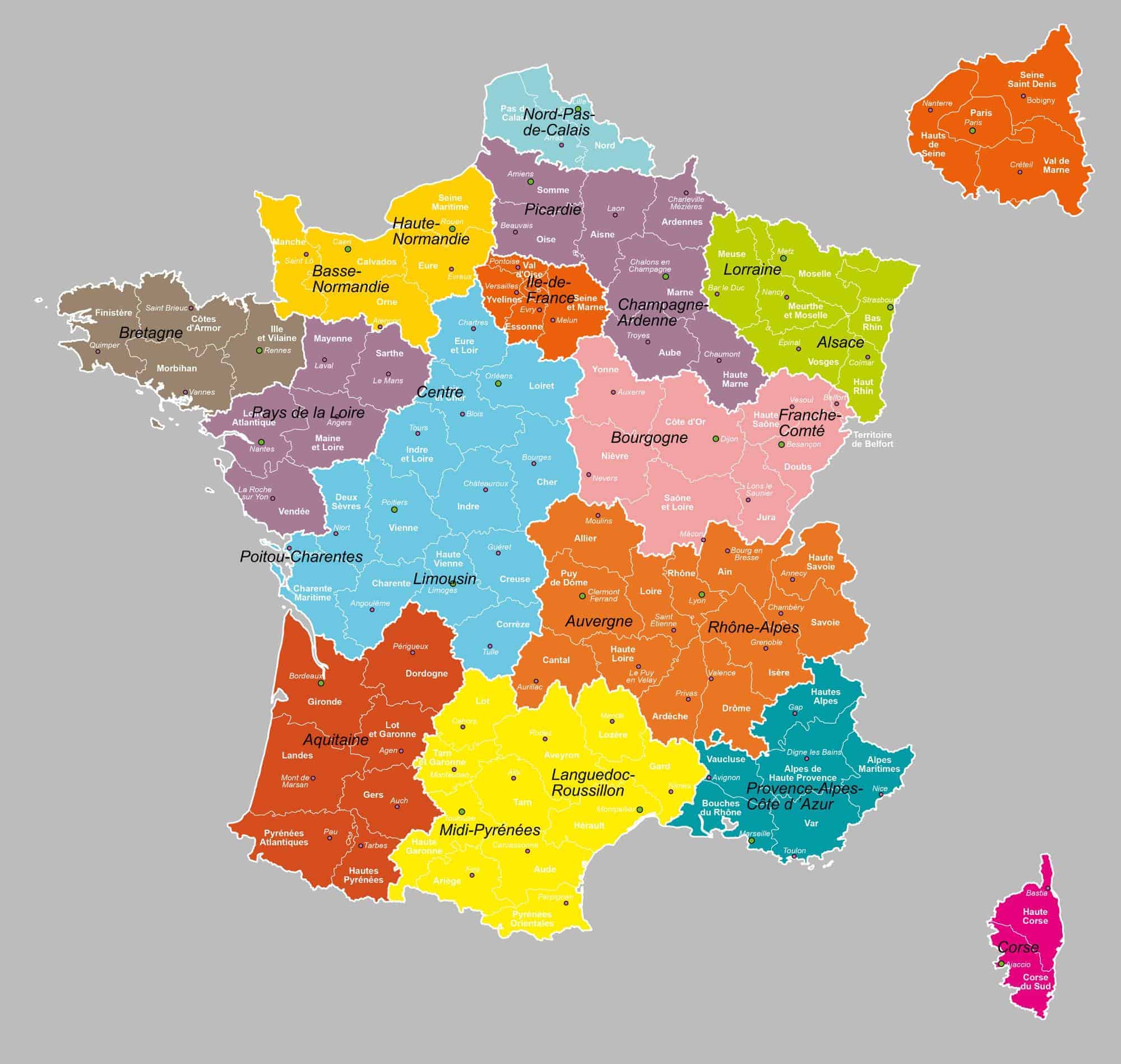
The best places to live in France for families
France is a great country to raise children.
Based on where there are the best schools and educational facilities, the best shopping and employment prospects, the following departments are the top choice for families:
Secure Peace of Mind with Best-Value International Health Coverage
International Citizens Insurance provide free, no-obligation quotes from the leading international health insurance providers with plans tailored to meet your needs. Trusted by thousands of expats worldwide.
Haute-Garonne in the Midi Pyrenees
The department is in the Midi-Pyrenees region of southern France.
Haute-Garonne has a diverse landscape with pretty rolling hills to the north, vast forests, and the Pyrenees to the south. Although it's not one of the cheapest places to live in France, property prices are more competitive than in other regions, and with effort, it is possible to find some very well-priced properties.
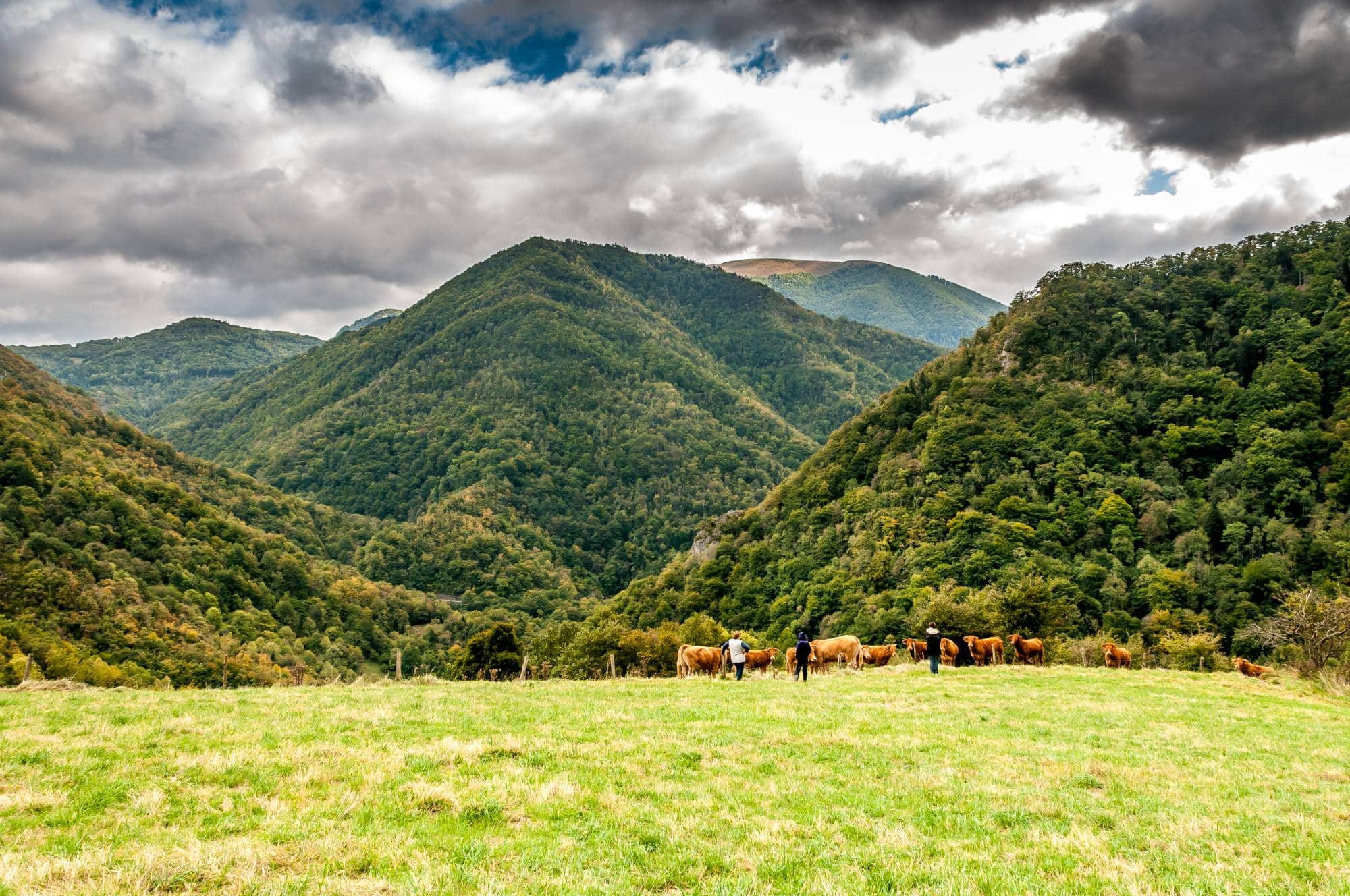
If you love the great outdoors, there are plenty of opportunities to enjoy exploring and taking in the magnificent scenery, from hiking in the summer to skiing in the Pyrenees in winter.
Where to live in Haute-Garonne:
Toulouse
A great place for young, active families looking for an exciting and dynamic lifestyle with first-class educational facilities available for children. Toulouse is a hit with the French and has often been voted the most attractive place to live in France.
Toulouse is the 4th largest city in France; its nickname is La Ville Rose (the pink city), thanks to the color of the roofs and bricks around the city.
Embraced by the Garonne River and the Canal du Midi, Toulouse is energized and galvanized by the waterways – with no shortage of stunning walks and gorgeous scenery.
Toulouse has a sweet climate benefiting from warm Mediterranean summers and mild winters.
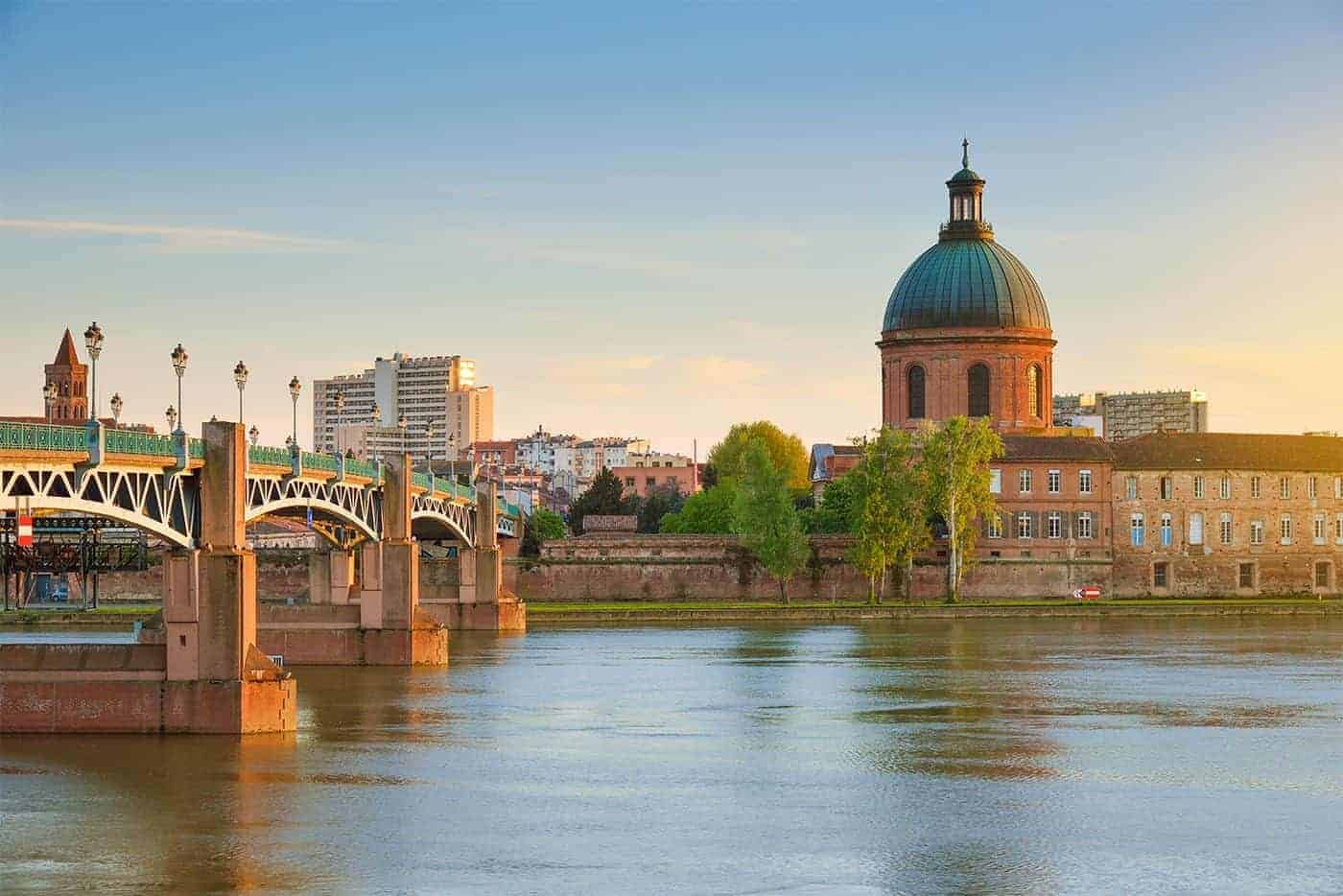
The city boasts some of the best schools in France – this includes both state schools and the International School of Toulouse, which has been established primarily for Airbus expat professionals’ children, and the company will sometimes offer tuition fees as a part of the employees' benefits package.
The quality of education in local schools is very well regarded, and many expats (especially those who have settled in France for a long term) send their children to the local schools.
For those parents who wish their children to grow proficient in both languages, there is a wonderful organization - English 31. It provides English classes integrated within the French school system from the first year of Primary (CP), until the end of Secondary (Terminale).
Is Toulouse a good place for a family to live? Definitely yes!
Toulouse is renowned for its higher education, with many universities, including one of the largest universities outside Paris. Toulouse is very much a city of education, research, students, and scientists.
For more information, visit our Living In Toulouse guide.
Saint Gaudens
If you’re seeking a quieter life in this beautiful region, Saint Gaudens could well be your perfect location.
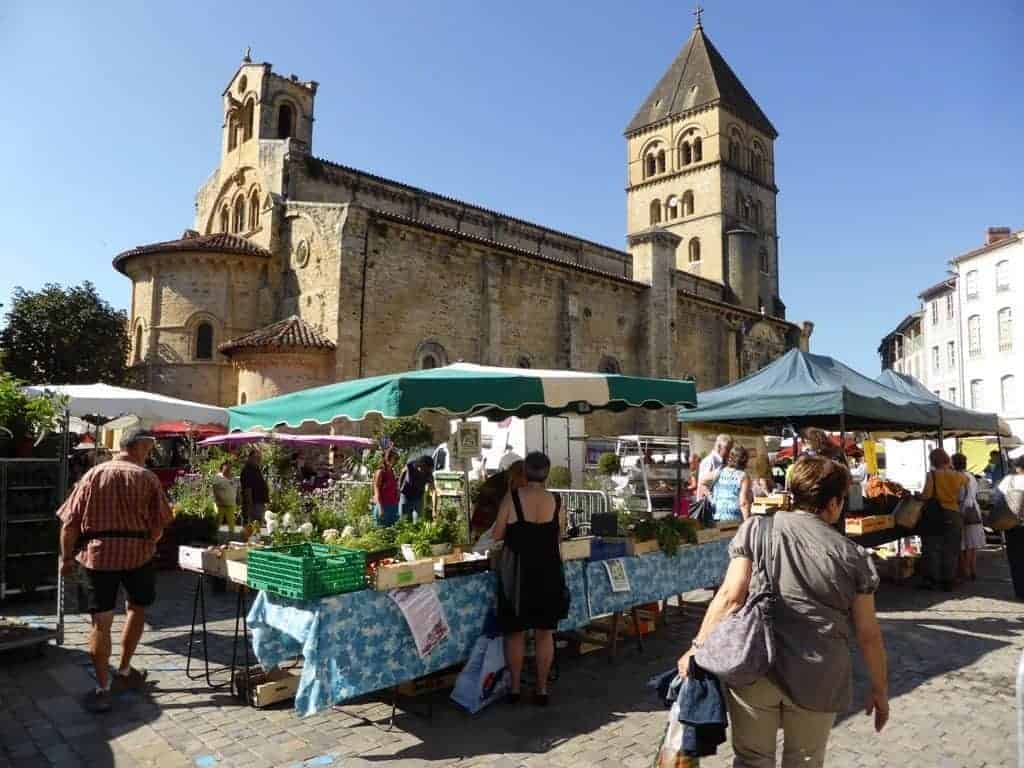
Saint Gaudens was originally the capital city of the Haute-Garonne area until Toulouse replaced it. A perfectly charming place to live with all the local amenities you require, including shops, doctors, schools, and banks nearby.
If you fancy a day out in the city of Toulouse, Saint Gaudens is only an 80 km drive away.
Living in Saint Gaudens means you’ll be able to enjoy some amazing views across the valley of the Garonne and the Pyrenees.
If you’re a keen cyclist, you’re almost possibly already aware of the great cycling routes you can enjoy living in Saint Gaudens. The place has featured in some of the best Tour de France mountain races in history. It’s where one of the toughest stages in the races started – climbing through the Pyrenees.
The town offers expats a safe place to live in a relaxing environment, which is why it’s already very popular for both families and retired expats.
Pyrénées-Atlantiques in Aquitaine
An absolute scenic delight – with the Bay of Biscay to the west and the Pyrenees to the south. Living in the Pyrenees-Atlantiques, you’ll enjoy warm summers and mild winters.
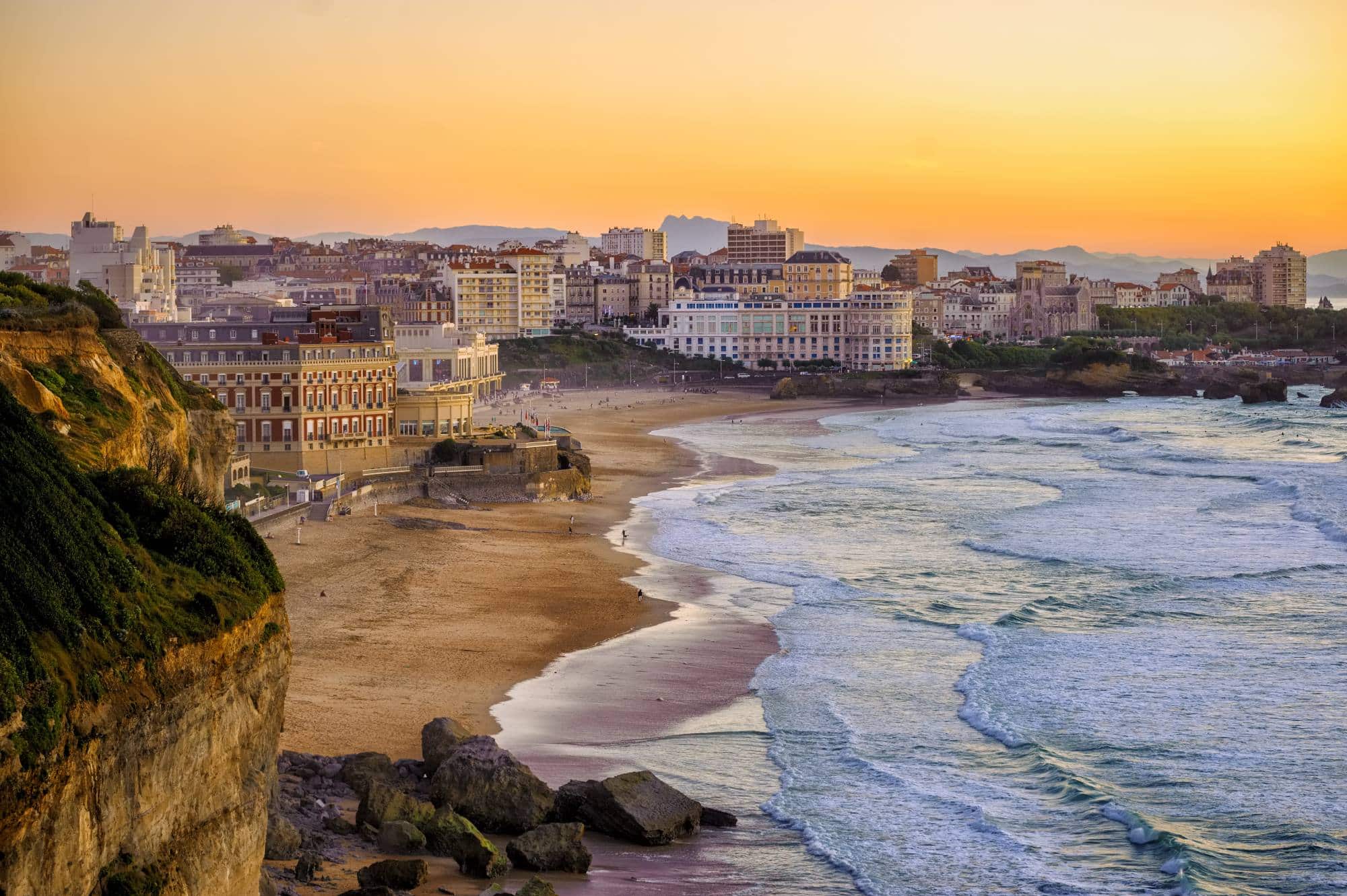
Bordeaux
Bordeaux is a beautiful port town of 239,000 people lying along the Gironde River.
Surrounded by some of France’s most famous wine country, located just 45 minutes to an hour from the Atlantic Ocean and miles of beautiful beaches, Bordeaux is well located for broader travel, only a 3-hour train ride to Paris, and 3 hours from the Pyrenees Mountains and the border of Spain.
Bordeaux enjoys beautiful walks and gardens, cafes and restaurants, and, of course, as you’d expect, a grand wine museum that you would not want to miss.
Public transportation in Bordeaux is excellent, with a new tram system making it easy to get around the city without needing a car.
The Rue Ste-Catherine is the longest pedestrian street in Europe and offers fantastic shopping.
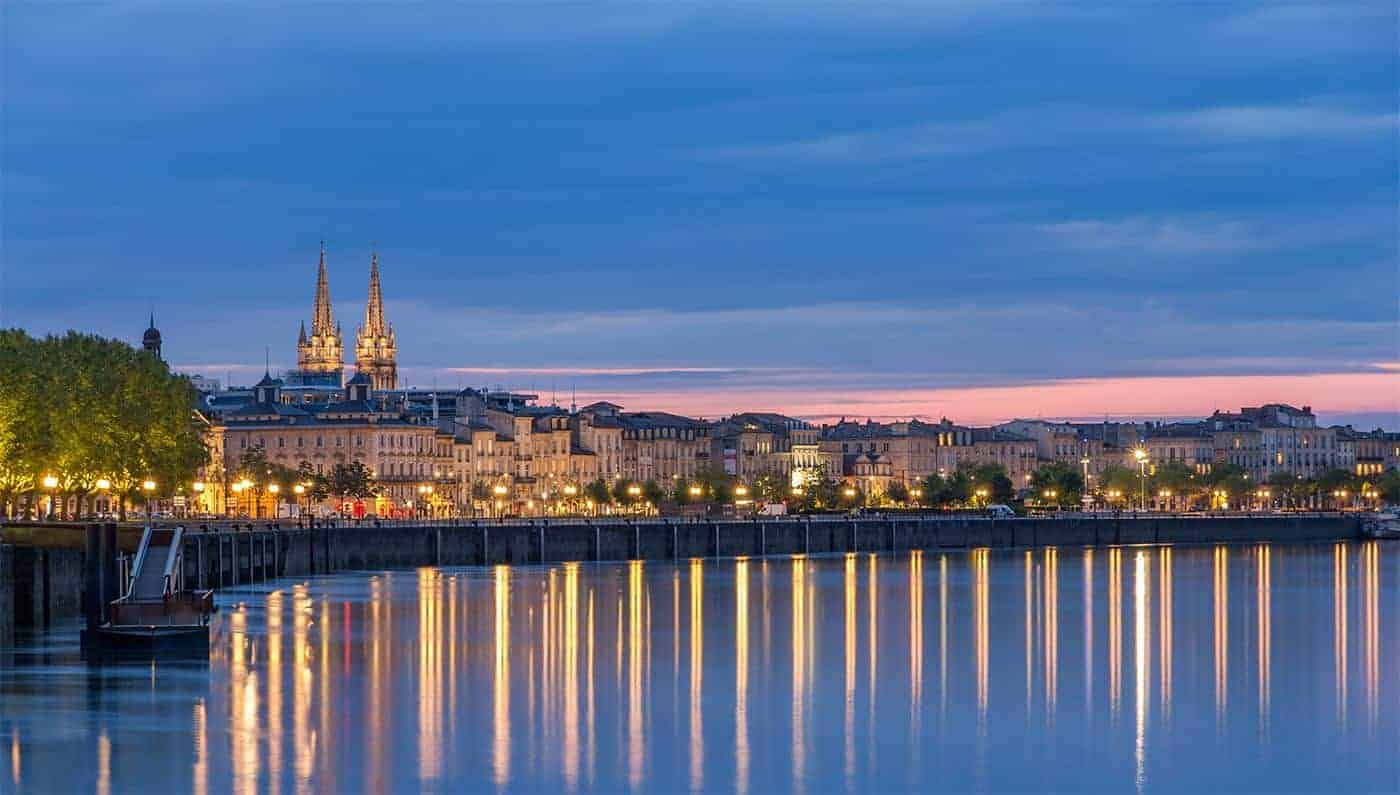
Bordeaux has some of the best schools and education establishments in France: Bordeaux International School is the only bilingual school in the region. There are plenty of very good local primary and secondary schools.
For parents who may be looking to develop their own skills, there’s a wine school where you can learn everything about Bordeaux wines: what’s more, theory lessons are always based on practical sampling.
Bordeaux’s primary areas of higher education include economics and management, law and political science, and engineering.
- Living In Bordeaux – The Expats’ Guide - everything you need to know about moving and settling down in one of the most amazing areas of France.
Pau
Pau isn’t quite as grand as Bordeaux, but nonetheless, it is very beautiful and ideal for those who want a slower lifestyle without being in a more rural location.
Pau is the second city of Aquitaine after Bordeaux. It was originally the capital of the old historical province of Béarn.
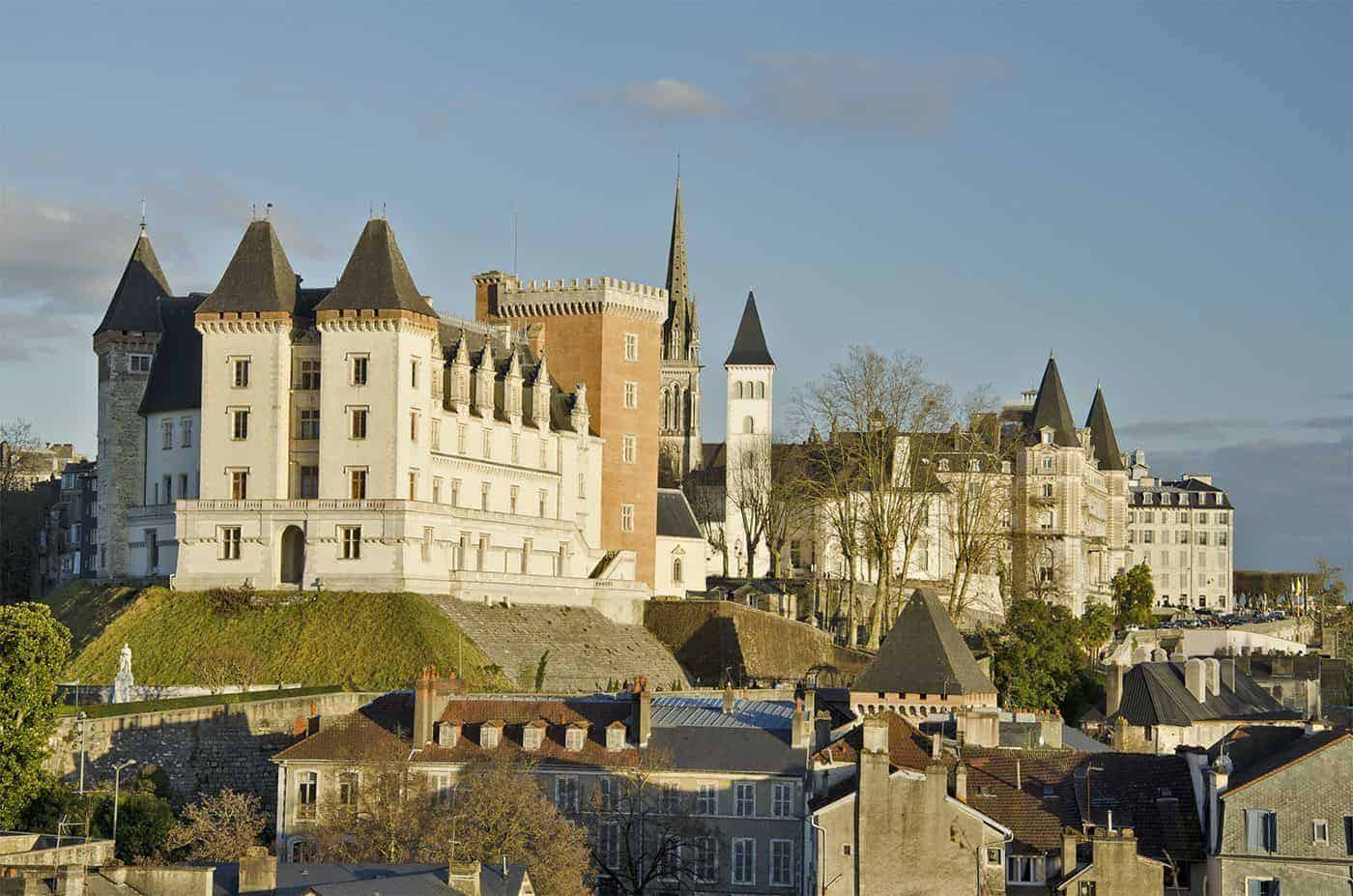
It is located in a beautiful setting – sitting on a 200-meter elevated position that looks over the valley of the mountain river Gave de Pau. The drive to the Atlantic Coast is about 100 km, and Pau is close enough to the Pyrenees for day trips.
Known as the “Green City” and the “Garden City,” Pau has one of the highest ratios of greenery per square meter per person of any European city.
As a university city with close to 12,000 university students living on and off-campus, Pau has a lively, energetic feel about it. With an excellent range of shops and stores, you’ll enjoy your shopping trips.
The city caters exceptionally well for kids and teenagers, especially those who love sports. There’s also a full range of winter sports right on your doorstep. The town boasts an excellent sports complex where you can indulge in various sporting activities. This includes fencing and Greek wrestling if you fancy trying something a little different.
Other family-friendly locations to consider:
Annecy
Nestled in the French Alps, Annecy is often called the "Venice of the Alps." With its breathtaking lake and mountains, it’s perfect for families who love the outdoors. The town is clean, safe, and filled with activities like cycling, swimming, and hiking—all in a stunning natural backdrop.
Montpellier
A lively, sun-soaked city in the south, Montpellier offers a laid-back Mediterranean lifestyle. From its sandy beaches to top-rated schools and plenty of parks, this city is a great spot for families. With a large international community, making friends is easy, and there’s always something happening to keep the kids entertained.
Find out more in our Living In Montpellier guide.
Nantes
Green spaces, fantastic schools, and a buzzing cultural scene make Nantes a family favorite. This eco-friendly city offers a perfect balance of urban living and nature, with plenty of playgrounds, festivals, and outdoor activities. The lively downtown is packed with kid-friendly restaurants and shops, making it a joy to explore with little ones.
Aix-en-Provence
Picture-perfect Aix-en-Provence, with its stunning architecture and sunny climate, feels like a dream come true for families. The town is filled with charming cafes, colorful markets, and plenty of green spaces for outdoor play. It’s also just a short drive from the beach, making weekend getaways a breeze.
Strasbourg
With its unique blend of French and German culture, Strasbourg offers a magical mix of history and modern amenities. Families here enjoy beautiful parks, bike-friendly streets, and excellent bilingual schools. The city’s fairy-tale charm is something both children and adults love.
La Rochelle
This coastal gem offers the perfect seaside lifestyle for families. La Rochelle’s maritime culture and beautiful harbor make it a fun place to raise kids, with plenty of opportunities for sailing, beach trips, and exploring the old town. The pace of life is slow and relaxed, ideal for creating lasting family memories.
Rennes
Rennes is an affordable yet thriving city in Brittany, where history meets modern living. With a fantastic education system, loads of public services, and cultural activities, it’s an ideal place for families to thrive. And it is about an hour's drive from the nearest beach.
Each of these destinations scores very well for the most demanded criteria families typically want.
Best places to retire in France
Schools and employment prospects are far less important if you are heading toward retirement.
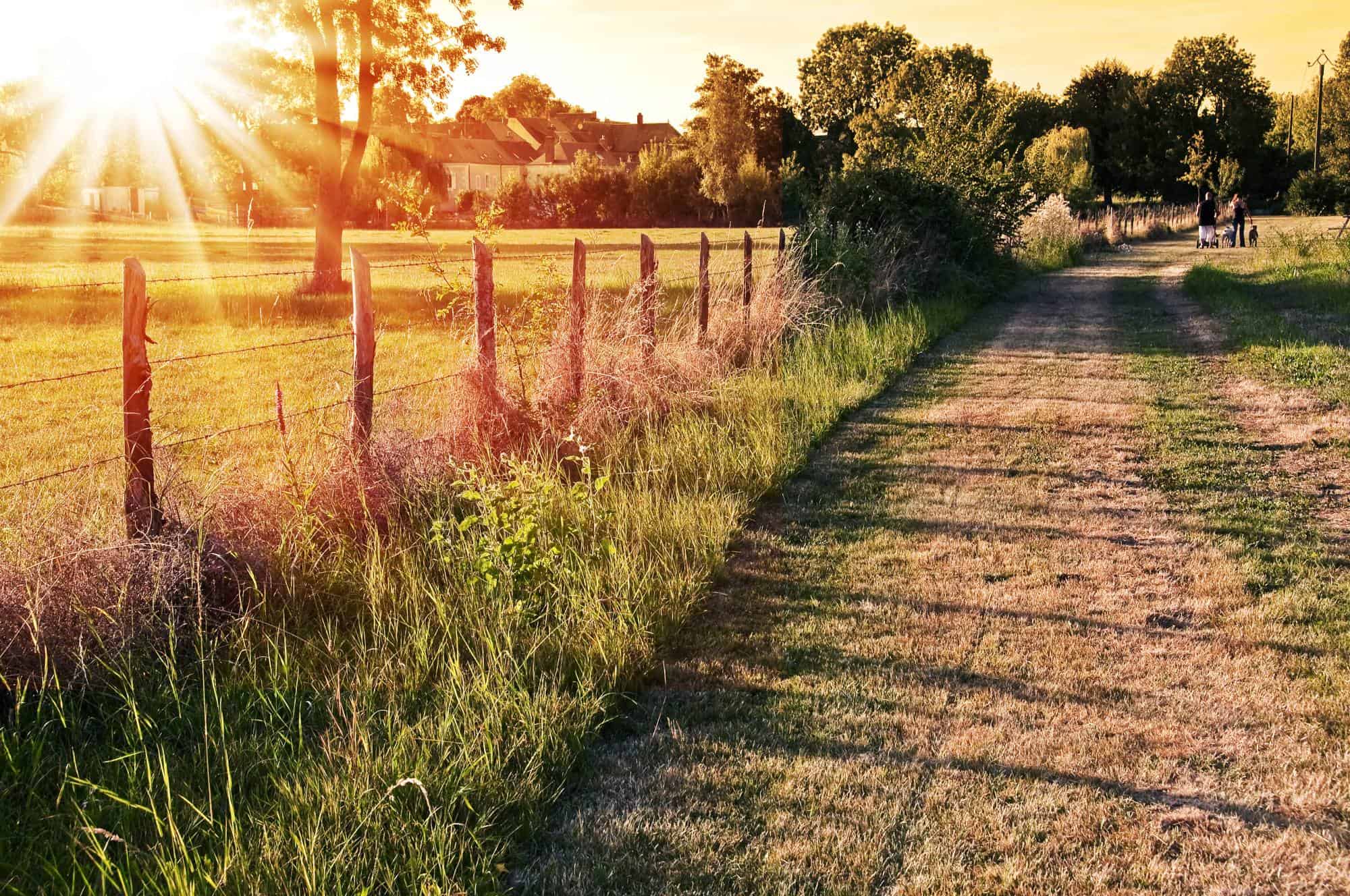
At the top of the retiring abroad criteria list, we have an excellent social scene, quality healthcare facilities, and a friendly, vibrant location where residents are healthy and generally live long, happy lives.
The quality of the environment and the climate are ever more important factors for retirees, as is finding a location where crime is low and a good feeling of security and personal safety.
Bordeaux
Once again, Bordeaux ranks very well and is topping the charts, this time as one of the best destinations in France to retire.
Many reasons make Bordeaux one of the best places for families to live in France, and it is also highly attractive for retirees. Great leisure facilities, excellent infrastructure, the wine and food culture, fantastic entertainment all year round, and stunning architecture are some of the reasons why so many expat retirees fall in love with Bordeaux.
Bordeaux is the perfect location for an active retirement. If you want the freedom to splash in the Atlantic in summer and go skiing in winter while being able to attend entertainment events all year round, you need to investigate Bordeaux. You won’t get bored.
Bordeaux offers retirees the possibility of a well-balanced lifestyle – unrushed and well-paced, with a young, active student population bringing additional life and vibrancy to the city.
Lyon
The Economist Intelligence Unit rated Lyon as the 16th best city to live in Europe and 30th globally. As for many of the French themselves, they passionately rank it as their number one city.
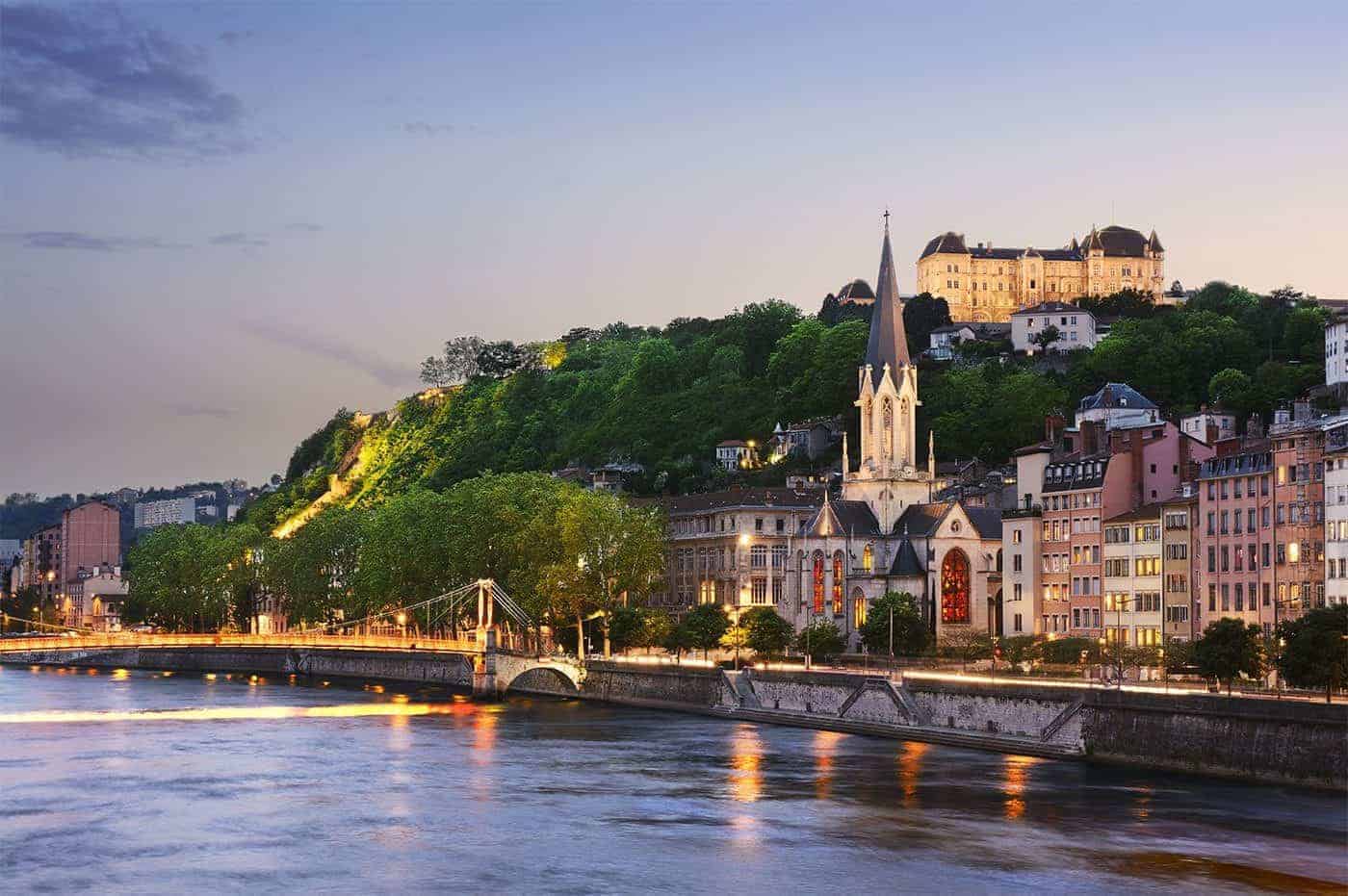
Lyon is an inland city – situated approximately 3 hours away from the coast, between two beautiful rivers, the Saône and Rhone.
Living in Lyon, you can expect to enjoy a long, warm summer that runs from May until October, with much milder winters than you’ll normally experience living in the UK.
Lyon is a perfect location to retire if you’re a fan of the Alps. It is just an hour’s drive away and within very easy reach of both Italy and Switzerland for even further Alpen exploration and adventure.
If the pleasure of fine food served in some of the world’s best restaurants is your idea of retirement bliss, Lyon, as France’s culinary capital, will not disappoint you. It boasts some 2,000 restaurants, 17 of which are Michelin-starred - you will never experience a lack of choice and variety when it comes to eating out in Lyon.
The city of Lyon is also wonderfully rich in cultural life, with dozens of theatres, performance venues, and museums. Lyon is set to remain a firm favorite expat retirement and lifestyle destination.
The Languedoc-Roussillon Region
A stunning area with an irresistible Mediterranean coastline on your doorstep, the Languedoc is charming and delightful.
It has the same wonderful climate as the sought-after regions of Provence and Côte d'Azur, Languedoc’s select and trendy neighbors, but not nearly as crowded, possibly a little less glamorous, and definitely much cheaper.

The southernmost region of France, Languedoc, is squeezed between the Midi-Pyrénées on the one hand and Spain, Andorra, and the Mediterranean Sea on the other hand.
The Languedoc climate is perfect for hot weather lovers, with sunshine-filled skies and long-lasting summers.
Languedoc generally has fairly mild winters. Summers can and often do get very hot, sometimes above 40C, with high levels of humidity creating conditions that result in some incredibly dramatic and powerful storms.
If you’re not a big fan of very hot weather conditions, the Languedoc may not be your ideal location.
It is, however, a fantastic climate for grapes. If you think Bordeaux is the king of wine-making – think again. The Languedoc-Roussillon Region’s vineyards are three times bigger than Bordeaux’s. One in ten bottles of the world's wine was produced in this region during the 20th century.
The area is rich in charming historic cities: Nimes, with its superb Roman remains, the famous walled city of Carcassonne, the former Roman provincial capital of Narbonne, and other smaller ancient cities, such as Agde.
A very well-connected region, Languedoc-Roussillon now boasts no less than eight international airports. Paris is just three hours away using the high-speed train, and Spain is just a couple of hours' drive away.
You can easily drive for an overnight stay in Barcelona and Gerona. It’s also a reasonably easy drive to Italy for a long weekend, or you could take a boat to the island of Corsica as an alternative weekend exploration.
There are some amazing locations to choose from if you decide to live in this region. If you like a more urban lifestyle, head to Montpellier, Nimes, or Perpignan. They are the main cities of the region.
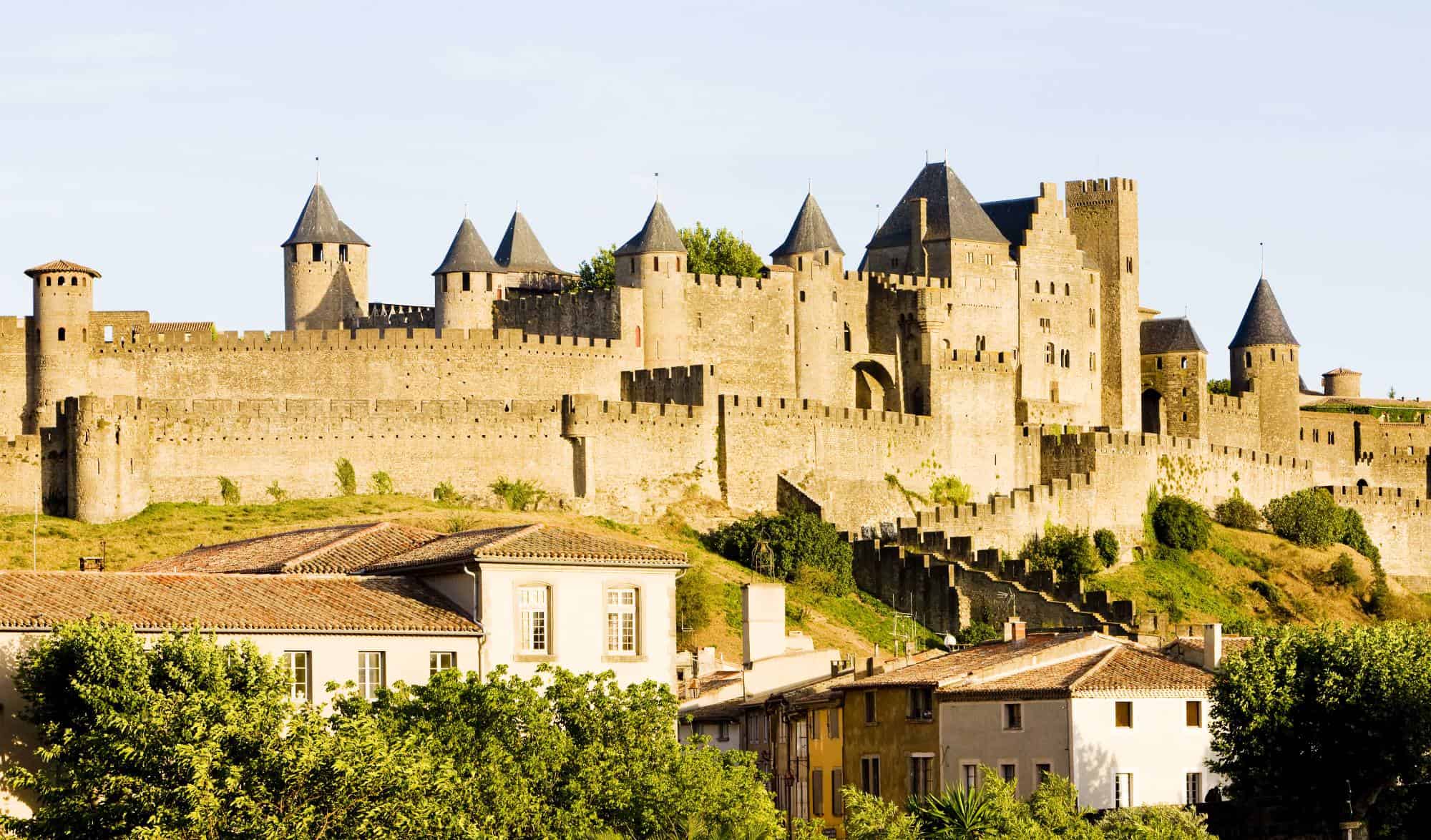
Montpellier is not as famous as Nice, but it's on the French Riviera too. Living on the French Riviera comes with a price, so you might wonder how expensive it is to live in Montpellier. Overall, it's more expensive than rural areas but not as pricey as Nice.
Other popular retirement locations in France:
Angers
Angers, in the heart of the Loire Valley, is a peaceful haven for retirees who love history and nature. With its charming medieval streets, gorgeous gardens, and mild weather, it offers a slower pace of life. Angers also boasts excellent healthcare and plenty of cultural events and activities, making it a fun place to settle down.
Dinan
A postcard-perfect town with cobblestone streets, half-timbered houses, and breathtaking views of the Rance River—welcome to Dinan. This small Breton gem has a welcoming expat community and is close to the coast, offering a tranquil yet lively lifestyle. It’s the perfect spot if you want the best of both town and country living.
Sarlat-la-Canéda
For retirees looking for that idyllic French countryside vibe, Sarlat is hard to beat. Nestled in the Dordogne region, this medieval town is famous for its markets, delicious food, and rolling green hills. With a laid-back lifestyle and a warm community feel, it’s an ideal spot for those who dream of a peaceful, gastronomic retreat in rural France.
Tours
Located in the Loire Valley, Tours combines city amenities with small-town charm. You will love the stunning châteaux nearby, its beautiful parks, and a bustling market scene. There is a rich cultural life, excellent healthcare, and a welcoming community.
La Rochelle
If you’re dreaming of seaside living, La Rochelle should be high on your list. This beautiful coastal city offers sandy beaches, a picturesque old port, and a laid-back maritime lifestyle. With mild weather, excellent healthcare, and a lively cultural scene, La Rochelle is a great place to retire.
Vannes
Vannes, with its medieval streets and scenic harbor, is a true gem of Brittany. Retirees will appreciate the town’s blend of historic charm and modern comforts, with plenty of restaurants, shops, and stunning views of the Gulf of Morbihan. If you’re looking for a retirement filled with coastal walks, French culture, and a welcoming expat community, Vannes is a wonderful choice.
Find out more in our Living in Vannes guide
Strasbourg
Strasbourg is perfect if you want urban living and fairy-tale charm. This city, famous for its stunning half-timbered houses and canals, offers excellent healthcare, great public services, and a lively cultural scene. Its mix of French and German influences gives Strasbourg a unique vibe, making it a fascinating place to explore in retirement.
Where to live in France for the best weather
When it comes to the weather, if you’re retiring from northern Europe or the UK, you may be tempted to think hotter is better. The French tend to think it’s more important to look at climate as a whole when considering the best overall climate for the perfect lifestyle.
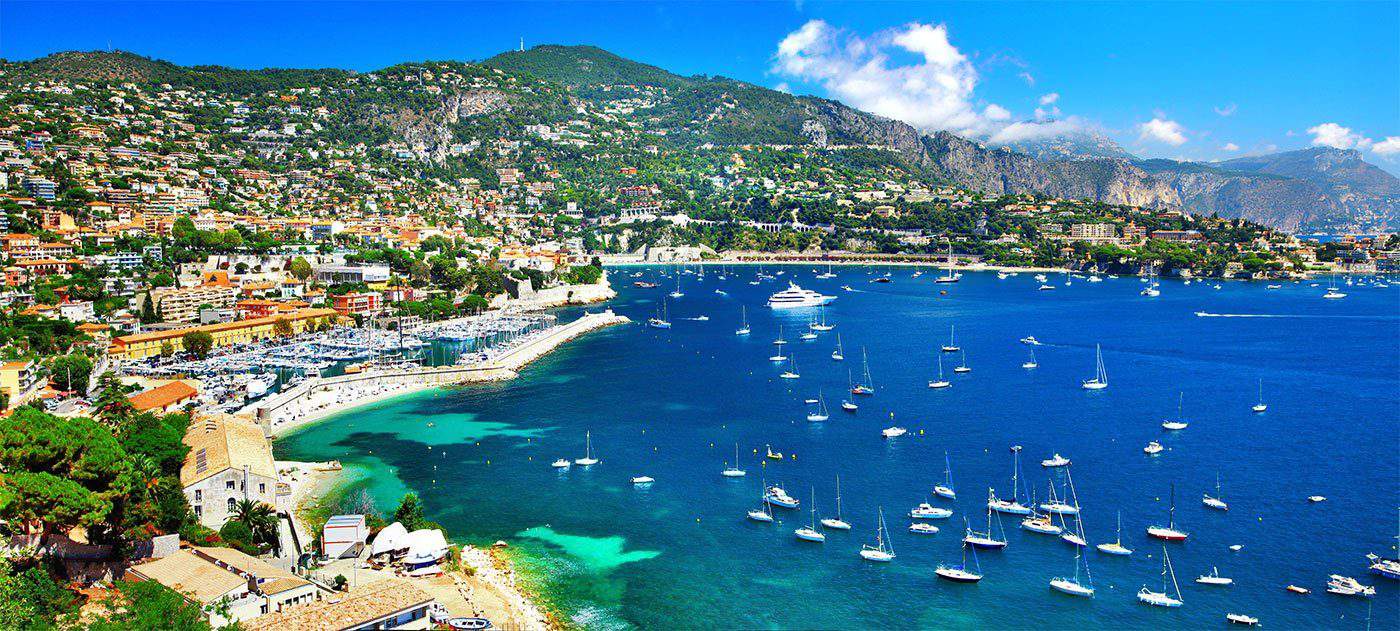
Hence, regions that are traditionally highly valued weather-wise in France for their milder climates rank better. Most notably, Brittany in Northern France, which juts out into the Atlantic, ranks very well.
So it’s unsurprising that the Mediterranean regions rank highest as a favorite expat destination for the best weather, especially among those retiring from Northern European countries.
The south of the country is one of the best places to live in France because of the great weather. It offers stunning summer weather, and the winters are far less harsh and much milder than in many other parts of Europe.
However, there is an important factor to bear in mind when you choose your destination based on the weather – French winds. They really do have a big influence on the local weather and can potentially spoil the fun.
For example, if you choose to live in a beautiful and mild Provence, be prepared for unbearably cold winters due to Le Mistral - a dry wind that blows down the Rhone Valley to central Provence for weeks on end, making winters surprisingly cold.
There are, however, certain advantages of Le Mistral. It creates an unusually sunny climate (2700 to 2900 hours of sunshine a year).
While many parts of France are immersed in clouds and storms, Provence is rarely affected for long. The mistral wind quickly clears the sky. In less than two hours, the sky can change from completely overcast to clear blue.
However, if you would prefer some protection from harsh winds and a more sheltered climate, especially if you’re partial to some glitz and love the idea of living the high life, then the east of the Riviera is ready and waiting to welcome you.
The microclimate on the eastern side of the Riviera is perfect - in the extreme southeast of France, the area around Cannes, Nice, and Monaco is well protected from the mistral winds by the mass of the Alps.
The climate on this narrow coastal plain is pure Mediterranean, with very mild winters and warm, glorious summers.
If the glamorous lifestyle of the eastern Riviera isn’t quite what you had in mind, there are some very good alternatives with more affordable properties.
If you’re not the type to let a few windy days spoil your fun, two places in the French Mediterranean are well worth investigating: Var and Bouches-du-Rhône, located in the Provence Alpes, Cote D’Azur region.
- Living In The French Riviera – Insights For Expats: everything you need to know about moving to the French Riviera (Cote D’Azur) as an expat.
- What’s It Like Living In Nice - the cost of living, the pros and cons, the highlights of the expat lifestyle, and some of the best areas to live in Nice.
Bouches-du-Rhône
France’s Bouches-du-Rhone department, named after the river Rhone, bathes in the gorgeous Mediterranean climate of Southern France. A lifestyle beckons with sunshine-filled days, outdoor activities, and extremely delicious food.
Bouches-du-Rhone is the busiest department in the south of France; the major cities are Marseille and Aix-en-Provence, where you can enjoy the bustle of busy city life with excellent shops and restaurants and the vibrancy of a cosmopolitan city.
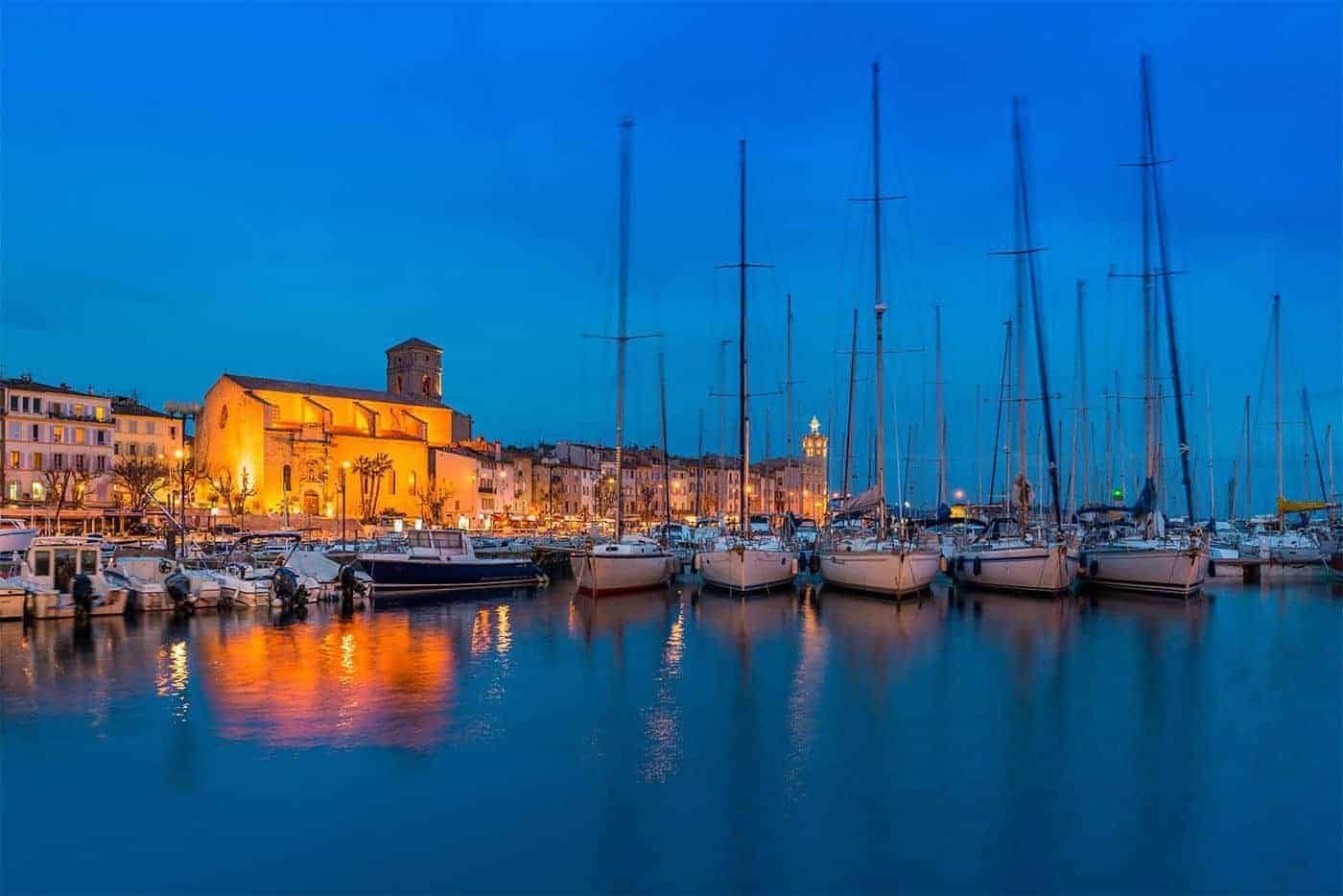
Away from the cities, you will be able to enjoy beautiful beach resorts and unspoiled areas like the Camargue, where you can watch flamingos living in the wild.
It is a true cyclist’s paradise with world-class cycle routes where you can enjoy the famous e-bike tours of Marseille. If you’re not a big fan of steep hills, you’ll be pleased that much of Bouches-du-Rhône is relatively flat; cycling can be pleasurable for everyone.
There are also plenty of historical sites, including the ruins of the Roman city of Glanum, the medieval village of Les Baux de Provence, and Alphonse Daudet's windmill at Fontvieille.
Var
Var is a beautiful little secret of Provence, which hides many gems of this stunning French department coastline and inland alike.
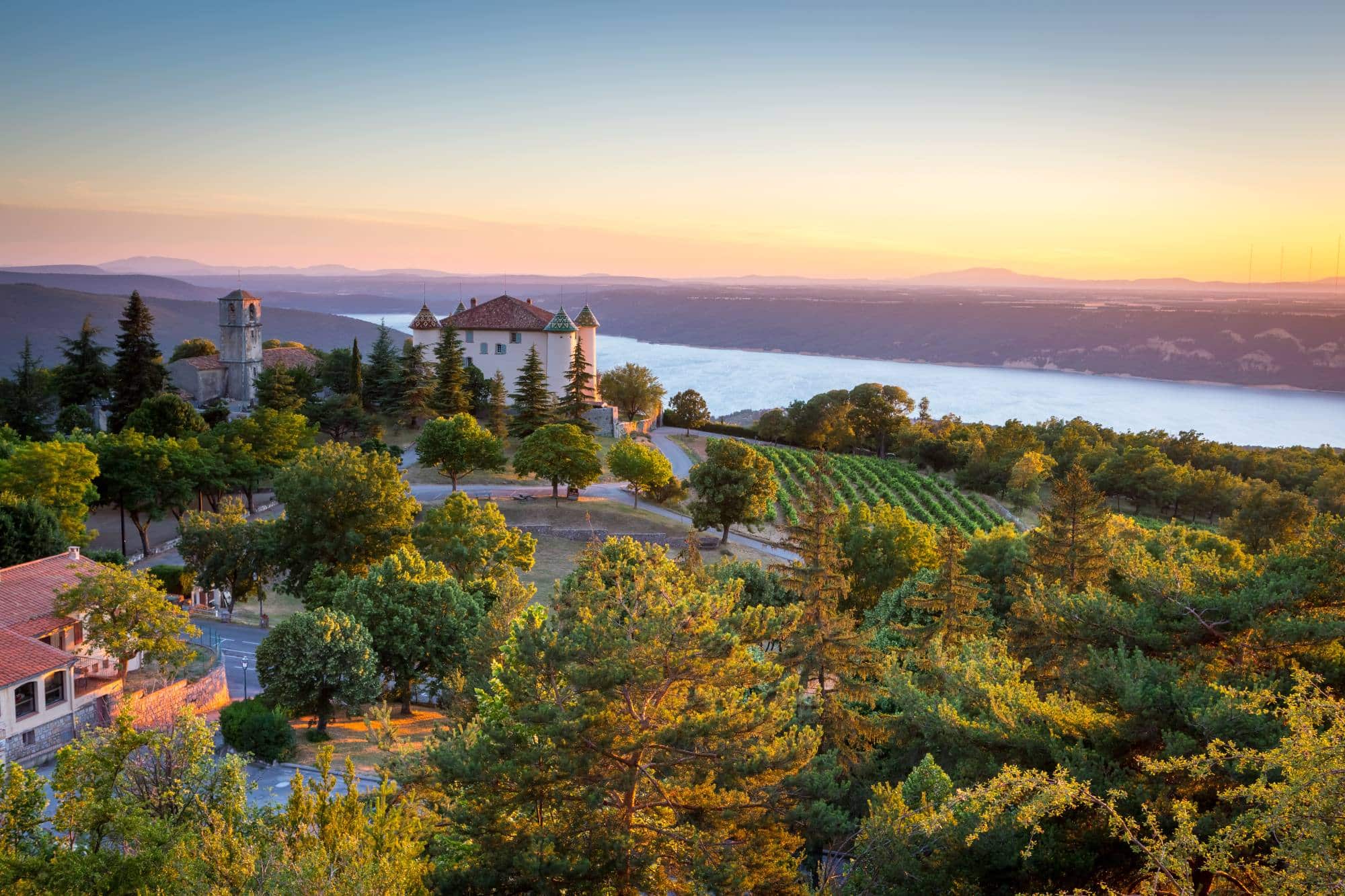
It includes some of the most attractive resorts of the western Cote d'Azur, the Massif des Maures - a series of low mountains behind the coast of Var where villages cling to the hillside overlooking the sea; and, of course, the superb Cotes de Provence wine region which runs east to west across the department.
If you’re a devoted gardener, you'll love this region of France, especially if you’re drawn to exotic plants - the climate is perfect for less ordinary gardens. The area has always been used as a nursery to grow all kinds of flora and then supply the whole country, so you won’t have to go far to source those exotic blooms.
Hyères
Hyères is the oldest resort on the French Riviera and is also famous for cultivating palm trees. An incredibly beautiful location to choose to live in. Just 4 km from the coast, it’s close enough for a quick drive to the beach. Yet, Hyères is inland enough to deliver a quieter, more relaxed lifestyle.
With 300 days of sunshine a year, Hyères rivals Amsterdam as the Continent's biggest supplier of cut flowers.
The city is filled with magnificent mansions and villas contrasted by narrow medieval streets and passageways running up the hill toward the citadel.
At the foot of the hill are salt marshes with flamingos, a fishing port, a world championship kite-surfing beach, and the three islands just a short distance off the coast that together form the Port Cros National Park.
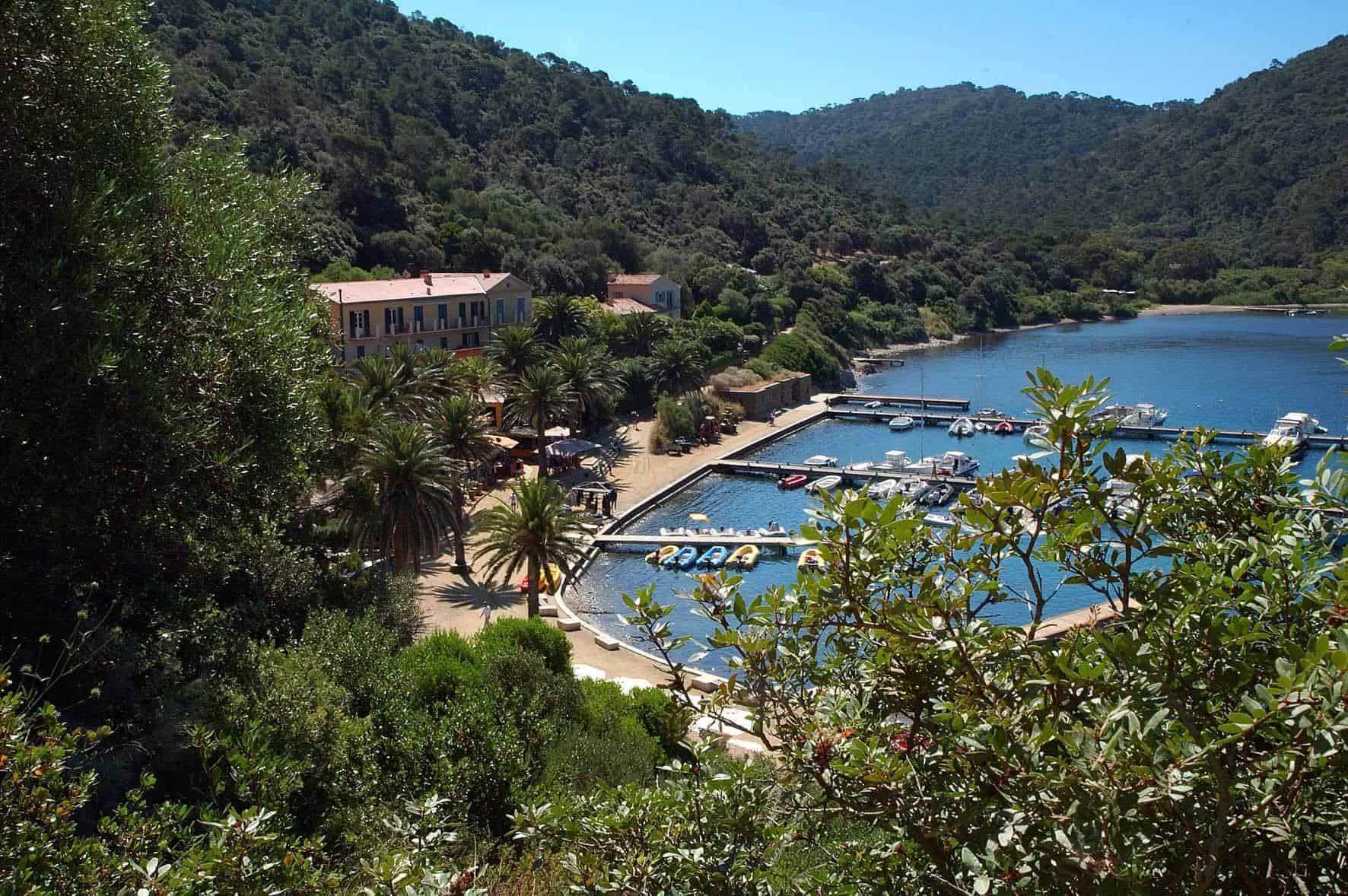
Hyères delivers an ideal blend of city sophistication and a calmer and gentler lifestyle.
The city is well-connected: the railway station Gare d'Hyères offers connections with Toulon, Marseille, Paris, and several regional destinations.
The airport, known officially as the Toulon-Hyères International Airport, is 4 km (2.5 mi) to the southeast of the town center.
The best places to live in France - summary
There are more wonderful locations in France than mentioned in our guide. If you are looking for a historic charm that won't break the bank, consider moving to Normandy. There's Alsace for those who love the spirit of continental Europe; there's Brittany for country living. Or you can consider living in Paris if that's what you want.
Rating and surveys are a brilliant way to start researching the best places to live in France. However, the only way to really find your own perfect location is to experience it yourself.
So, if you’re looking for somewhere to live in France and your intentions are serious – visit the chosen location, connect to local expats, go on forums, and make sure you know the place well and feel it’s perfect for you before you commit to buying any property.
We wish you luck and success in building your new life in France.
You might find useful:
- Living In France Guide – everything you need to know to plan your move and settle down in France
- What Is It Like Living In Burgundy, France
- Is The Dordogne A Good Place To Live For Expats
- The Insider Guide To Living In Paris As An Expat
- The Best Neighborhoods In Paris For Expats
- The Expat Guide to UK Pensions Abroad – detailed information about your state, workplace, and private pensions when you retire abroad.
Helpful external links:
- A list of main wine-growing regions of France
- Curious to know which cities and towns in France attract the most retirees? Read this review by Le Figaro.
Secure Peace of Mind with Best-Value International Health Coverage
International Citizens Insurance provide free, no-obligation quotes from the leading international health insurance providers with plans tailored to meet your needs. Trusted by thousands of expats worldwide.











